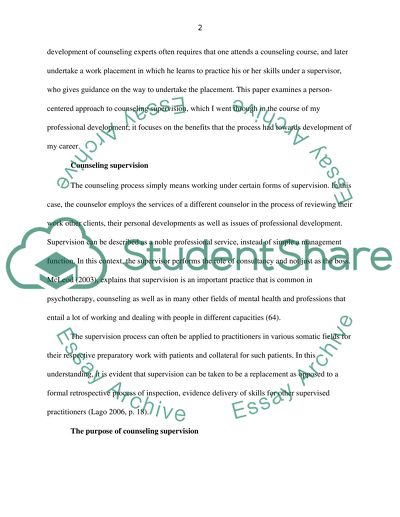Cite this document
(“Counselling theory and practice group supervision Essay”, n.d.)
Retrieved from https://studentshare.org/psychology/1690098-counselling-theory-and-practice-group-supervision
Retrieved from https://studentshare.org/psychology/1690098-counselling-theory-and-practice-group-supervision
(Counselling Theory and Practice Group Supervision Essay)
https://studentshare.org/psychology/1690098-counselling-theory-and-practice-group-supervision.
https://studentshare.org/psychology/1690098-counselling-theory-and-practice-group-supervision.
“Counselling Theory and Practice Group Supervision Essay”, n.d. https://studentshare.org/psychology/1690098-counselling-theory-and-practice-group-supervision.


